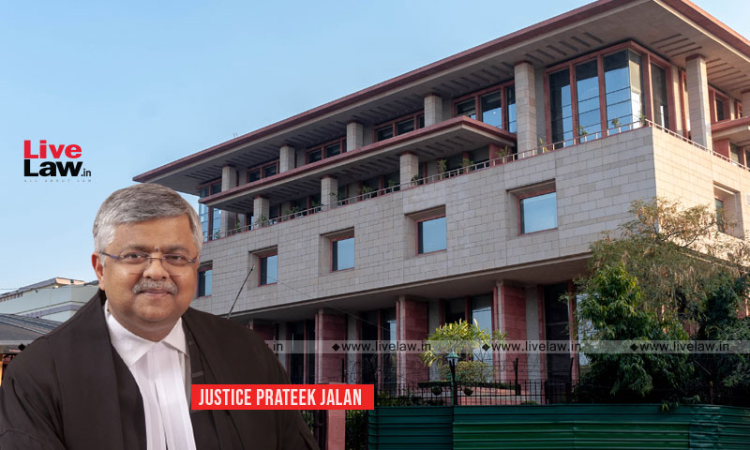Order Terminating Arbitral Proceedings Without Issuing Show Cause Notice Is Unsustainable And Perverse: Delhi HC
Parina Katyal
12 May 2022 8:00 AM IST

Next Story
12 May 2022 8:00 AM IST
The Delhi High Court has ruled that abrupt issuance of orders by the Arbitral Tribunal terminating the arbitral proceedings under Section 25 (a) of the Arbitration and Conciliation Act, 1996 (A&C Act), without holding any hearing and without issuing any show cause notice, is unsustainable and suffers from perversity of approach. The Single Bench of Justice Prateek Jalan held that...
